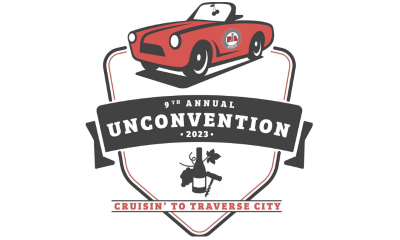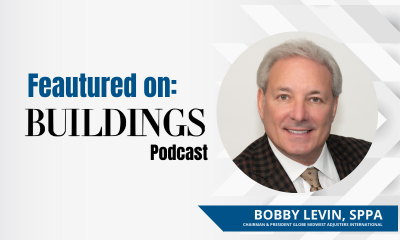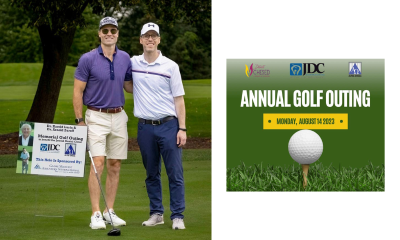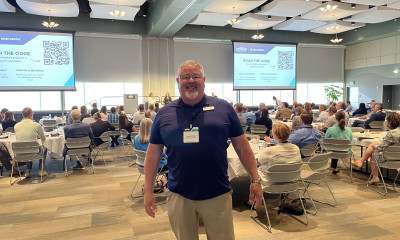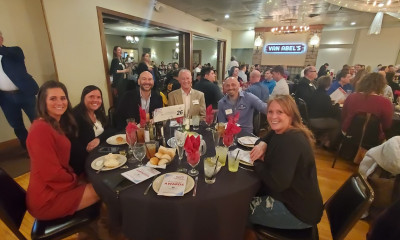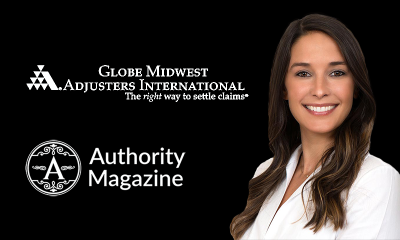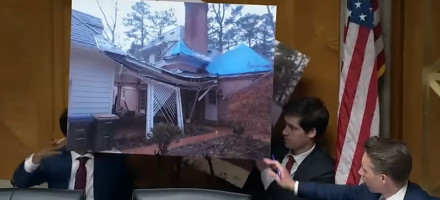Protecting Your Agency from a Protective Safeguards Endorsement
When insurance companies deny claims, insureds may look for other avenues to recover for their loss. That may mean filing suit against you — their insurance agent. In recent years, one of the most common reasons used by carriers to deny paying property damage claims is the dreaded protective safeguards endorsement.
Many insureds first learn of the protective safeguards endorsement only after it is raised as an issue in their property damage insurance claim. Of course, when they realize their claim is not getting paid as a result of their failure to comply with this requirement in their policy, they are not happy and likely to look to their insurance agent for recovery.
It is important for all property insurance agents to understand this endorsement, how it may impact their clients, and how to protect their agency to comply with the requirements of the safeguards endorsement.
While there are various versions of this endorsement the most common is the ISO CP 04 11 — this endorsement operates both as a “condition” of coverage (Section “A”), as well as an “exclusion” (Section “B”) as explained below.
Section "A" Conditions
Section “A,” modifies the “Conditions” section of the policy as follows:
"As a condition of this insurance, you are required to maintain the protective devices or services listed in the schedule above."
The endorsement goes on to list eight options described as “P-1,” “P-2”, etc. ranging from requiring sprinkler systems, to security devices such as cameras, to fire alarms, and more. Whichever of these is listed in this schedule must be complied with as a “condition” of insurance. Failure to comply means the insured did not satisfy the “condition” and that the insurance company may void the policy and not pay your client’s claim. There is also a "P-9" option, which specifies anything else that the insurance company wants to include, such as maintaining the heat at a certain temperature, or requiring other equipment, systems, or procedures which are not included in "P-1" through "P-8.”
What is particularly alarming is that the relationship of the required safeguard to the loss and damage is not usually relevant. For example, if a protective safeguard required a restaurant to have a specific exhaust system above the stove, but the insured failed to comply; even if there was a property damage loss elsewhere in the restaurant, unrelated to the kitchen or uninstalled exhaust system, the carrier may still deny coverage for the failure to comply with the safeguard requirements.
Taking the same scenario, if the insured suffered a loss unrelated to a fire, such as a vehicle damage, the carrier may still void the policy because the insured did not meet the “condition” required in the endorsement for having the exhaust system.
Section B” Exclusions
This section modifies the insurance policy by adding the following language:
The insurance company will “not pay for loss or damage caused by or resulting from fire if, prior to the fire” the insured knew of any “suspension or impairment in any protective safeguard” or “failed to maintain any protective safeguard...”
This means that even if the insured had the required protective safeguard in place, a fire loss will still be excluded if the required system is impaired or not maintained. Like the “conditions” section, there is no requirement for a direct relationship to the loss and damage sustained. The impairment of, or failure to maintain the device in itself is grounds for the insurer to deny coverage.
Significantly, this exclusion only applies to loss by fire.1 Therefore, the carrier may not be able to deny coverage for loss or damage caused by a peril other than fire, so long as the insured had the protective safeguard in place and regardless of whether or not it was maintained.
 Protecting Your Agency
Protecting Your Agency
When claims are denied based on failure to comply with a protective safeguard it is very common for the insured to assert that they were unaware of the requirements and to look to their agency for recovery. In Michigan, there is a general principle that the insured is deemed to have read the insurance policy, which creates an absolute defense for insurance companies when the insured claims that they were unaware of the requirement. This same defense does not apply to agents, so that the agent may still be liable for damages.2 To protect your agency, consider the following:
- Give written notice to the insured of the protective safeguard endorsement.
- Also, request written confirmation from the insured that they are in compliance with the protective safeguard requirements.
- Recommend in writing that the insured must notify you of any impairment or change in the required devices or services.
- Recommend, in writing, that the insured retain records of all maintenance to any required devices. This would include both internal maintenance as well as maintenance by outside contractors.
- Provide the insured with written reminders of the above at each renewal.
- Review the policy when it is issued or renewed to make sure the carrier did not add, or modify, a protective safeguard endorsement without informing you (yes, this happens).
When it comes to protective safeguards the most important thing to remember as an agent is that appropriate measures need to be taken to make sure the insured understands their need to comply with the requirements of the safeguards endorsement or else their claim may be denied. With knowledge and foresight, you can protect your insured and your agency by addressing these issues early on, and in writing.



